UC Davis study finds discontinuance rate of 21% for California PHEV adopters, 19% for BEV adopters
Green Car Congress
MAY 3, 2021
A new study by Scott Hardman and Gil Tal at the University of California, Davis has found that discontinuance occurs at a rate of 21% for California plug-in hybrid adopters and 19% for California battery electric vehicle adopters. Hardman and Tal surveyed 4167 plug-in electric vehicle (PEV) owners in California.




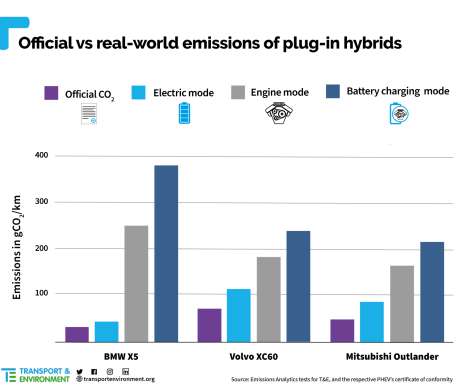

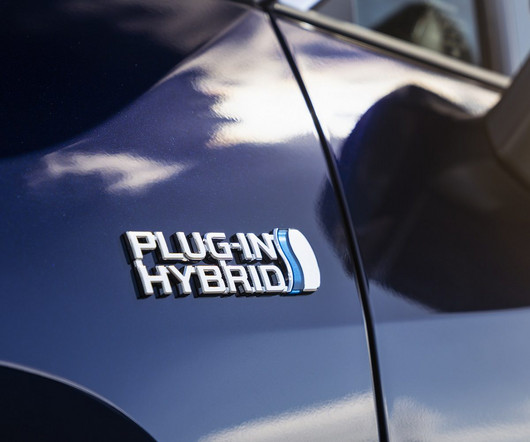
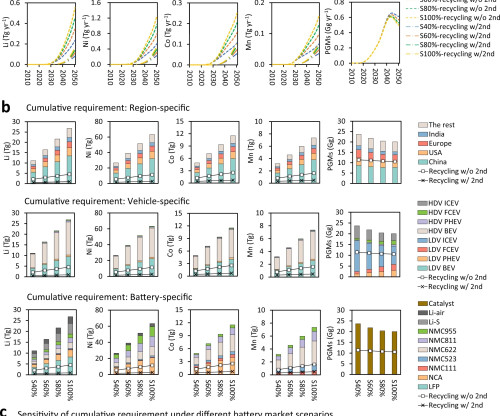









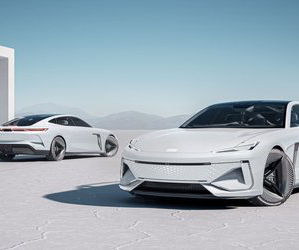




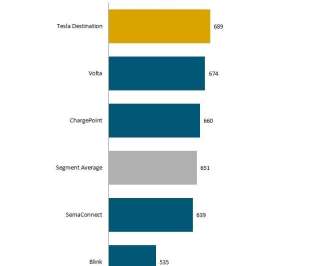






















Let's personalize your content